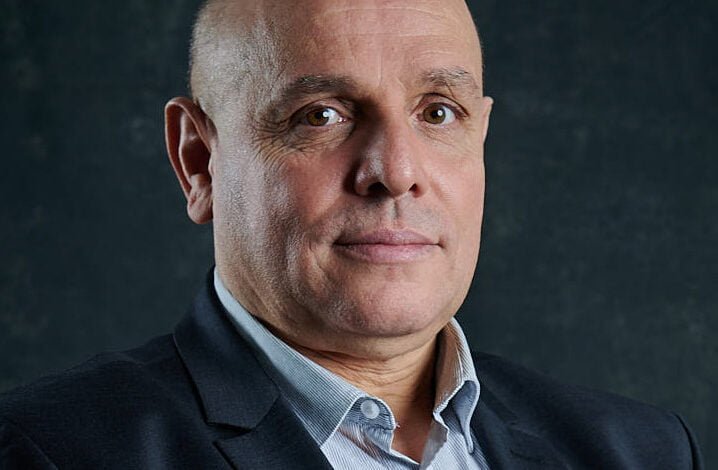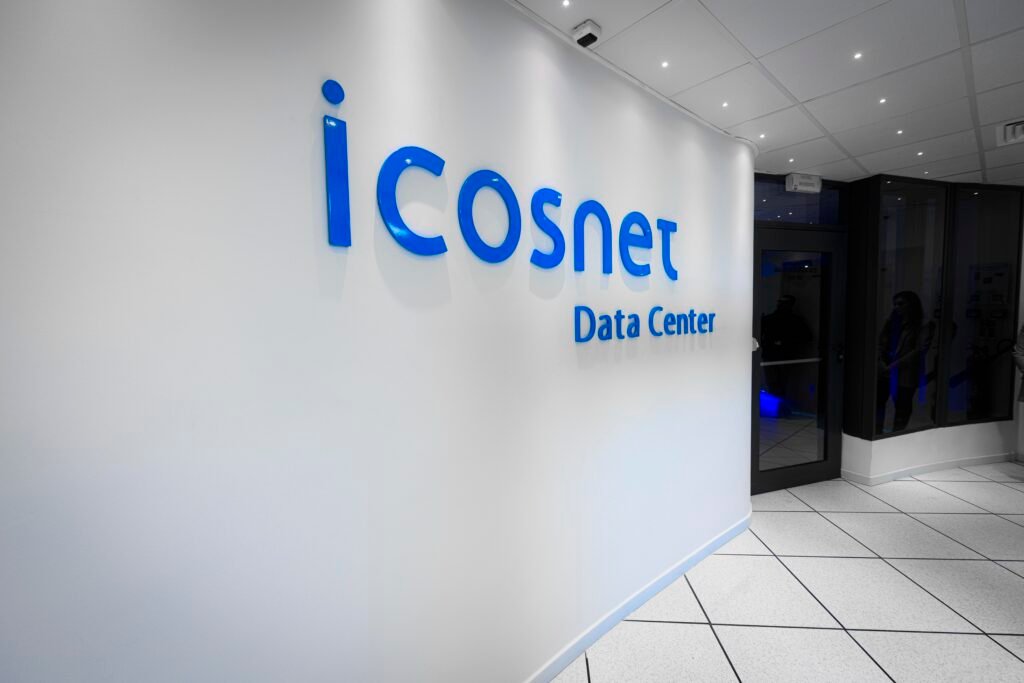
A pioneer in Algeria’s digital ecosystem, Ali Morsli heads Icosnet, a company that has been operating in the telecommunications sector for 24 years. From Internet access to cloud computing, collaborative and cybersecurity services, Icosnet’s activities are evolving in line with the sector’s and the Algerian market.
Interview by Dounia Ben Mohamed
Ali, you are at the helm of a pioneering ICT company in Algeria. What is your position in the market today?
Icosnet is a private Algerian telecommunications operator that has been present on the market since 1999.
With a strategy based on continuous development and innovation, the company has diversified its areas of expertise over the years to position itself in four different business areas, ranging from connectivity to collaborative solutions, cybersecurity and cloud computing, with two of its own data centers installed in Algeria.
We were among the first to position ourselves in these areas when the telecoms market opened up in Algeria.
We have 34 points of presence in Algeria and three international points of presence.
Given our long experience in the field, we are now opening up on the continent and looking to share our expertise with potential partners in Africa.
We are trying to play an active role in the implementation of a project of regional importance, the trans-Saharan fiber optic project, which will reach the Nigerian borders and will extend to Nigeria. Working with local stakeholders, we hope to provide an efficient and secure alternative to submarine cables for upstream connectivity to the Internet.
An ambitious project that should contribute to regional connectivity. A challenge. A prerequisite for the continent’s digital transformation?
African businesses are increasingly turning to digital technologies to improve their productivity and profitability, and to gain a measure of sovereignty and independence through greater control over critical regional communications infrastructure.
We want to build efficient and resilient telecommunications infrastructures that are well integrated into and optimized for global flows.
This is because we recognize that, unfortunately, communications between African countries, even neighboring countries, are overwhelmingly routed through Europe, which is expensive and raises issues of data sovereignty. It is therefore up to Africans to take charge of this in order to improve their competitiveness and sovereignty.

Beyond communication and data storage infrastructures. Icosnet is also working to be part of and contribute to the creation of a network of African experts with the aim of further digitizing the continent through the densification of the inter-African connectivity network and its security.
This requires the optimization of online services specifically designed for the region’s economy and population, taking into account and respecting its specificities.
A network of regional experts must be identified and used by the whole of Africa to take control of its future and build it for its own children.
This is how we will transform the continent, by working together.
You mention the issue of data storage, one of the main challenges of digital technology. Are we ready for this in Africa ?
The first important point is awareness. Today, some countries or institutions see digital transformation and digitalization as a fad. In reality, it is a new paradigm that is quietly taking hold and changing mindsets. The first thing is to raise awareness and understanding of what this digital revolution is. We are experiencing a revolution that is changing everything, a new collective intelligence, it is not just a new tool or a digitalization of physical acts. It is that, but much more. We need to get on this train before it is too late, otherwise we risk a new form of colonization, which is digital colonization.
As the cloud is the main lever that supports any rational digitalization policy, our expertise allows us to provide managed cloud services to Algerian verticals in the hotel industry, education, web merchants, e-merchants and technology startups.
These services are bolstered by the use of a dense network of local and international partners/editors who are very agile and responsive to the most specific needs and use cases. This model of customization and agility is obviously replicable.
The other challenge is skilled people. How can we prepare them for this AI-driven 4th revolution?
What is important about this revolution is that it is based on knowledge and on people. We often see, helplessly, the mass exodus of locally trained professionals who find themselves in an environment without a clear strategy for them, without a global vision, without a life project and without any form of motivation other than that of attachment to the country. These resources are the source of happiness and wealth for those who are able to motivate and interest them with ambitious projects that match their aspirations and knowledge. It is imperative that we protect our resources and be able to integrate them into a global strategy in a favorable environment. It is essential to develop human resources, as they are one of the pillars of successful regional digitalization.






